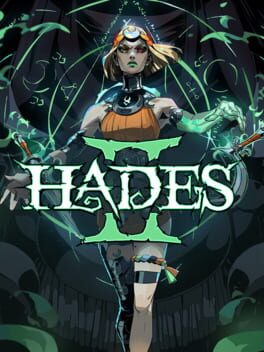What I'm Reading / Watching / Playing - May 2025

Welcome to June, everyone! I didn't post anything this month (except for the April edition of this post), largely due to two reasons:
First off, I've been dealing with some stress in both my work and personal life, so I've been spending more of my off-time relaxing instead of working on posts. This has made progress slow, but the upside is that the "Playing" section of this post contains three whole games this month, as a lot of my relaxation took the form of playing games on the couch on my Steam Deck.
The second reason is that I'm working on something ambitious. The next post I've got planned is an argument in favor of the 4-day work week. I'm trying to do this properly, so I've been reading technical reports about work-time reduction from both sides of the debate in Sweden. I'm nearly done with those, after which I want to have a look through the material from the 4-day week trials that 4-Day Week Global has organized over the past years.
Apart from those reports, I've also read a couple essays which touch on the societal benefits a reduction in working time could have. I've decided to spin that off into its own post, partially because it's a very different argument to the more business-related case I'm making in the first post, and partially to ensure that I can get something out in a reasonable amount of time.
That's enough preamble, I think. Let's jump into what's been occupying my attention this month!
Reading
Both Sides Of The Swedish 4-Day Week Debate
As I already wrote in the introduction, I've been reading a lot about the 4-day week. It's been a growing topic in Sweden for the past few years, and the debate has been heating up this year as work time reduction is working its way into both political party programs and collective bargaining agreement negotiations. I touch upon this in a previous post, if you're interested in reading more right now.
For the first part of my 4-day week argument, I've been reading two technical reports about work time reduction; one from Swedish Enterprise—Sweden's largest employer organization—in which they argue that a significant reduction in working time would have severe negative effects on the Swedish economy, and the other from LO—the central organization for Swedish blue-collar unions—who argue more or less the exact opposite.
These two reports will serve as the foundation for the first post I'm writing about the 4-day week, but I'll also be referencing data from 4-Day Week Global, who have been conducting pilot studies for a few years now where companies in various countries try out a 4-day week for a limited time.



Russell and Keynes on the Value of Leisure
For the second part of my argument for the 4-day week, I'm re-reading Bertrand Russell's 1932 essay In Praise of Idleness, which I first read several years ago. Russell argues that we should actively strive to minimize the amount of labor people need to do, in order to maximize leisure time; this is because it is during leisure time that people can engage in pursuits that serve to improve civilization, such as art, philosophy, and politics.
Similarly, John Maynard Keynes argues in Economic Possibilities for our Grandchildren that in 2035 we would have "solved the economic problem", and people would be working significantly less in order to spend more time on higher pursuits.
The idea that reducing the amount of time we work directly benefits society will form the foundation of my second post on the 4-day week. It kind of throws out the whole premise upon which the current debate about work time is based, which is why I decided to write it as a separate piece. It'll be fun, I think.

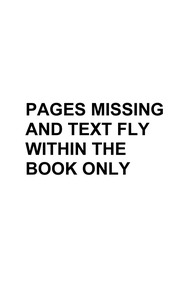
Aftermath on Shonen Anime and Wind Breaker
It wouldn't do to have one of these posts without including at least one Aftermath article. Isaiah Colbert joined them a while back as a regular contributor, and I've been enjoying his articles about anime and manga.
n this article, Colbert analyzes how Wind Breaker–a show nominally about a bunch of high school delinquents beating the absolute crap out of each other—pushes back against many of the tropes we see in shounen anime and manages to deliver a strong message about the importance of connecting with other people. If you get annoyed whenever you hear the phrase "the power of friendship", you should read this article (and you should watch Wind Breaker)!

Jathan Sadowski Makes Luddites Sound Cool
Contrary to what you may read in the dictionary, the Luddites were not a band of technology-hating primitives who destroyed machinery to fight progress. In this article, Jathan Sadowski goes over the history of Luddism and how the Luddites were not opposed to technological innovation, but rather to the capitalist use of technology to exploit workers.
Sadowski then goes on to describe the need for a "neo-Luddism" that can fight back against contemporary exploitation of workers. Considering how the nature of work has changed—with many of the most exploitative technologies taking the form of software, like generative AI—it's interesting to think about what this modern Luddism might look like. Instead of a sledgehammer or wooden clog, the weapon of the neo-Luddite might be something Glaze or Nightshade, which are used to sabotage generative AI training data.
In his article, Jadowski proudly proclaims himself a Luddite. After reading it, I'm happy to join him among their ranks.
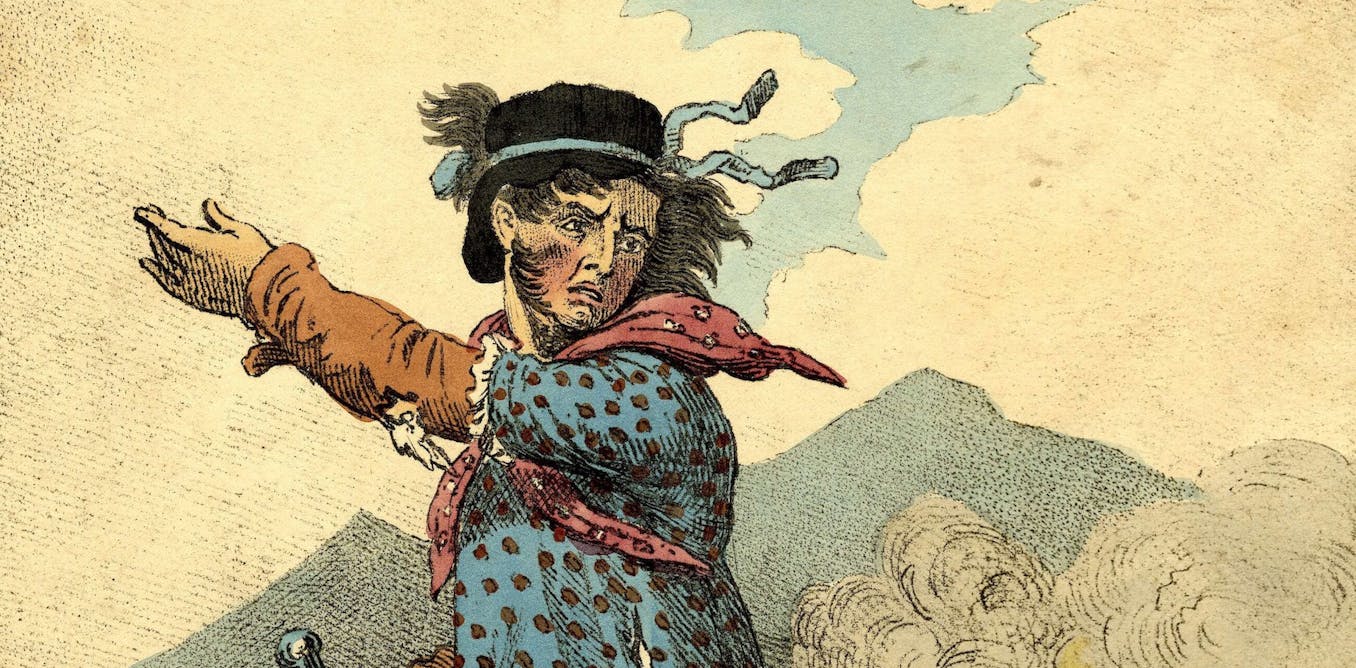
Watching
El Eternauta
I was originally going to watch El Eternauta because it's from Argentina, which means that I'm contractually obligated to watch it or else face the wrath of my partner.
Then Hideo Kojima posted about it, which was kinda wild. A great day for Argentinian Death Stranding fans.
Then we watched it, and my jokes went out the window as we binged all six episodes in one Saturday, as Ricardo Darín and the rest of the cast served up some serious tension in a story that managed to subvert most of my expectations.
The premise is pretty standard apocalyptic fair; deadly snow makes going outside with any exposed skin whatsoever lead to instant death, which instantly elevates the stakes of even the most mundane outdoor situation. I don't normally enjoy that kind of tension in my media, but El Eternauta kept me hooked throughout.
One thing I particularly appreciated was that the show mostly avoided what I consider the most tired trope of the post-apocalyptic genre; that people will immediately turn on each other and abandon all sense of morality in crisis. While not every character in the show is a saint, antisocial behavior generally ends up backfiring more often than it works out.
And oh god, the escalation. I can't go into details due to spoilers, but the scope of the show expands far beyond the initial threat of deadly snow. Can't wait for season two!

Relatos Salvajes
Coming off of El Eternauta, my partner suggested that we stay on the Argentinian theme. So we queued up Relatos Salvajes—or Wild Tales, as it's called in English—which is an anthology movie made up of a series of stories that definitely lived up to the name of the film.
The subject of the stories varies, but there's a recurring theme of people being let down by the system, or responding to injustice. From "El Propuesto" ("The Proposal") in which a wealthy man tries to use money to help his son escape the consequences of a DUI, to "Bombita" which is very interesting to watch in a post-Luigi Mangione world. Ricardo Darín shines in that one, just like he did in El Eternauta.
It's a fun time, and a wild one. If you enjoy your drama with a tinge of (dark) comedy, I absolutely recommend it.
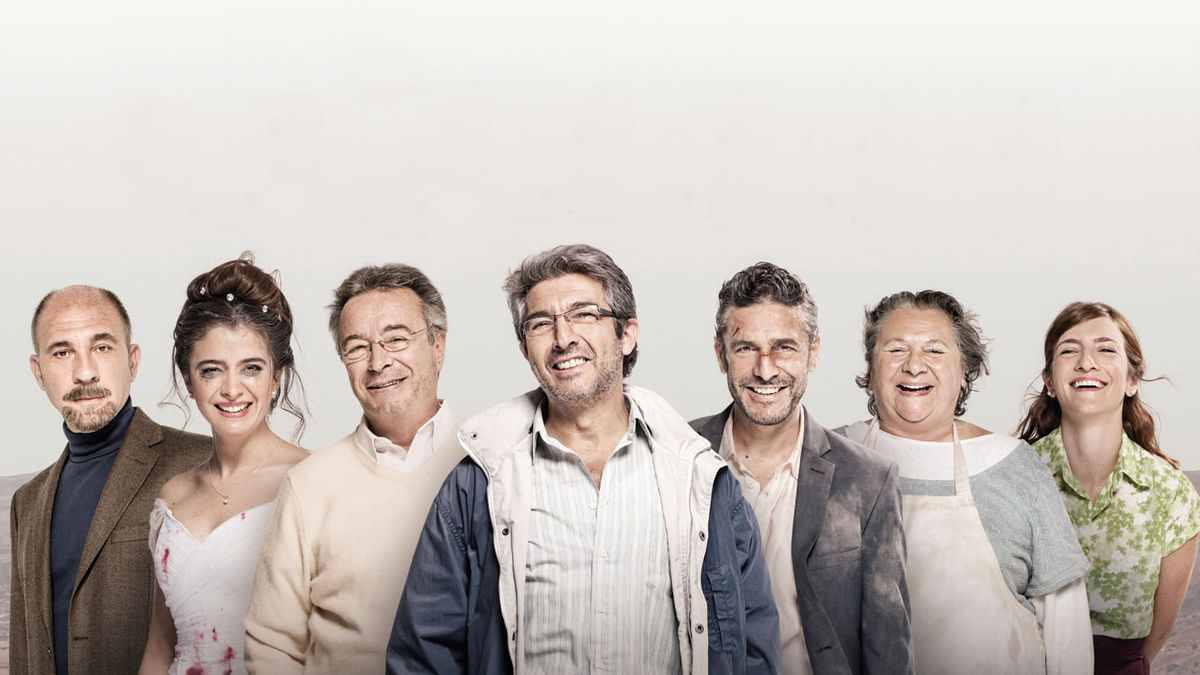
Playing
Bionic Bay
I already wrote about this one last month, but I finished it early May. My initial impressions were not betrayed, as the game continued to be incredibly solid throughout my entire playthrough.
I've seen some people complain about the story in this game; while I agree that it wasn't exactly a standout feature of the game, it was also very clearly meant to take a back seat to the platforming, and I can't see any way in which putting a greater emphasis on the narrative wouldn't have gotten in the way of the game's flow.
Possibly the best platformer I'll play this year. Easily one of the most visually striking games in general. You should play it.

Prince of Persia: The Lost Crown
Having finished Bionic Bay but not wanting to move from my couch, I looked for another game to play on my Steam Deck and quickly landed on this one.
It's a solid metroidvania with some fun gadgets, solid combat, and platforming that I probably would have rated higher had I not just finished a platformer with significantly tighter controls.
Unlike Bionic Bay, I did feel like the narrative was kind of half-baked in this one. I don't know if I missed some content somewhere, but it felt like there were a few story beats missing here and there. I ended up mostly ignoring the story and enjoying the (very solid) gameplay.
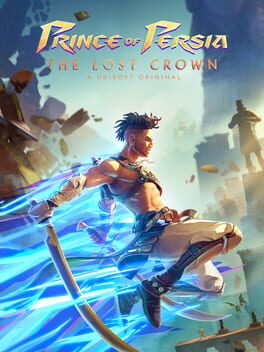
Hades 2
I picked up the sequel to Supergiant Games' smash hit not long after it was released into Early Access, then decided I'd hold off for a while until the game was closer to a full release. Upon finishing Prince of Persia and still not wanting to leave the couch—and not finding anything else in my library that inspired me at that moment—I figured I'd pick it back up to see how far the game had gotten.
I've now got about 30 hours in the game, and just beat the final boss on the surface the other day. Unless I want to grind challenges for weapon upgrades, I believe this means I've played through most of the currently available content; this is a problem, because I want to keep playing Hades 2.
The gameplay is just as solid as in the first game, with a quick pace and an impressive variety of weapons and divine boons (special powers) that give ample opportunity for experimenting with builds. The only thing that regularly irks me is that the numerous projectiles and VFX from the powers you amass throughout a run can make it hard to understand what's going on at times—the fact that I'm playing on a Steam Deck probably isn't helping with that, though.
Just like in the first game, I love the cycle of doing a run and then spending some time in camp—talking to NPCs, upgrading weapons, etc.—before starting a new run. There's always enough to do in camp that I get a chance to wind down between runs, which can be helpful if my last run ended in a particularly frustrating death.
All in all, I'm enjoying Hades 2 just as much—if not more—than I enjoyed the original. With the progress I've made now, I think this time I will wait until the 1.0 release before picking the game back up again... hopefully that doesn't take too long, because I'm already feeling the itch to go for a few more runs.
